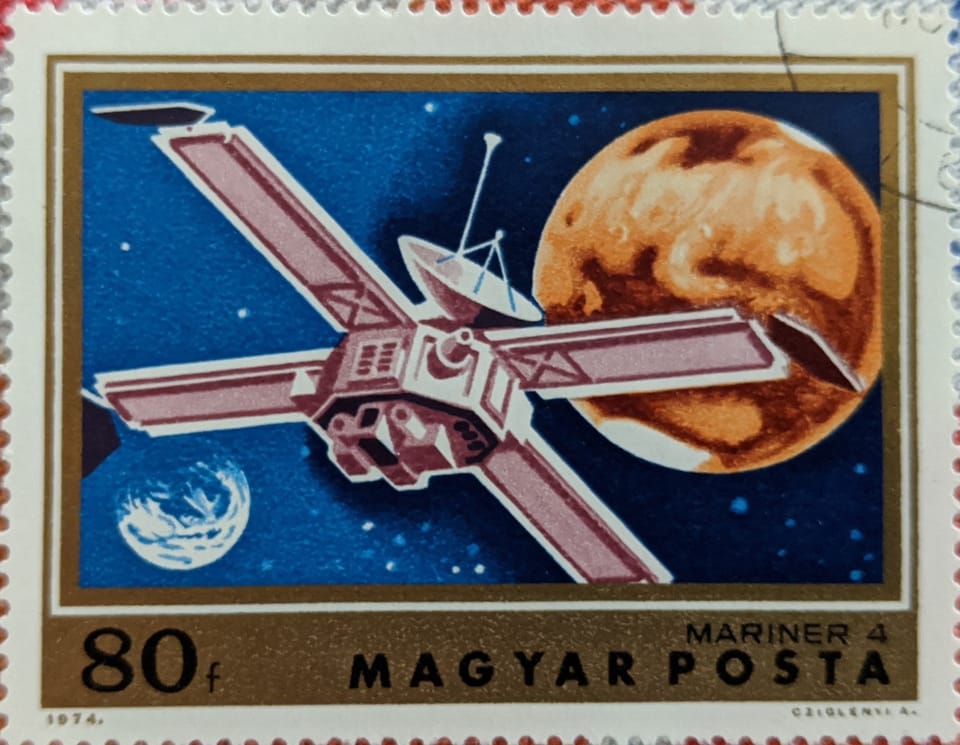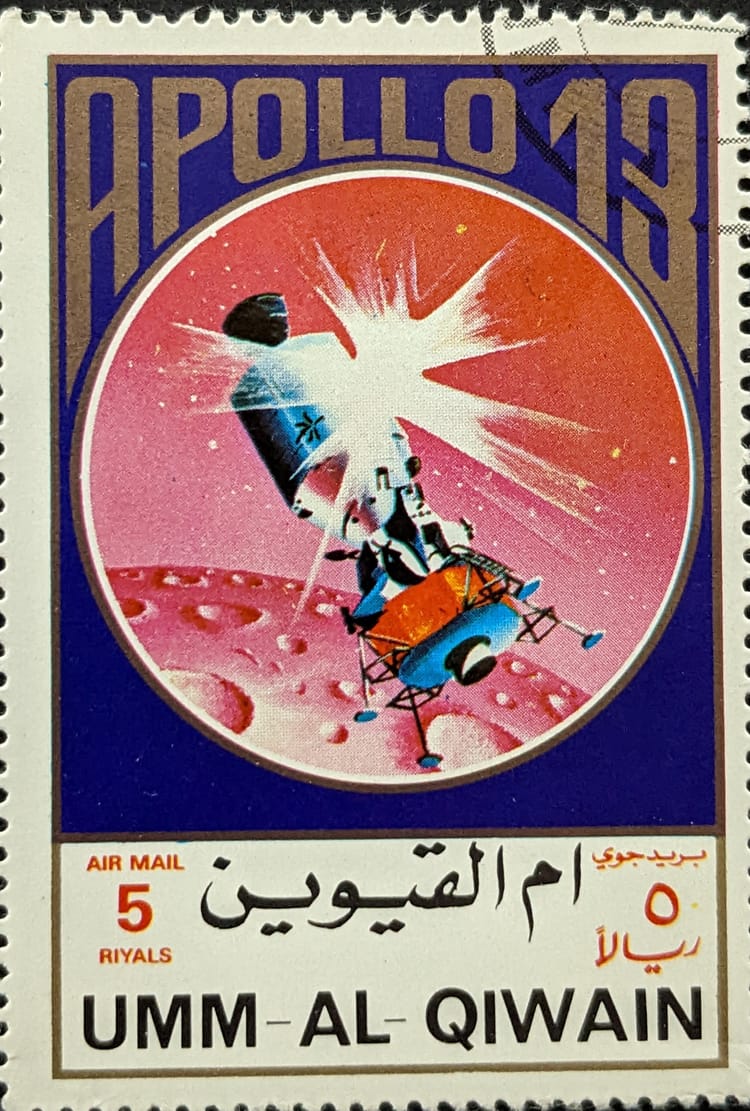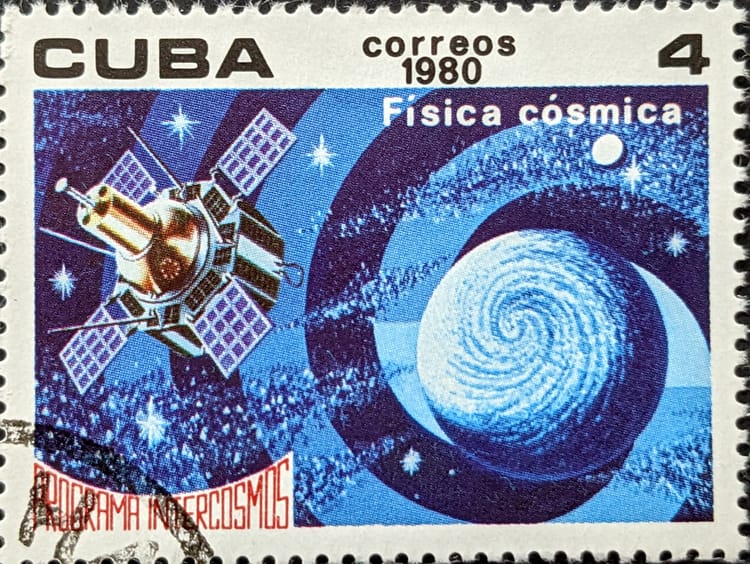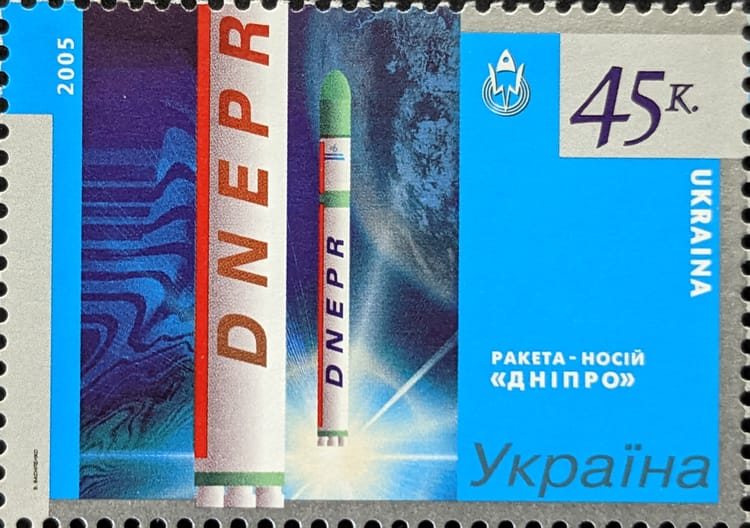Saved by the Belle (HMG Buys a Share of OneWeb)

Last Friday the United Kingdom’s OneWeb announced that Bharti Global Limited and Her Majesty’s Government (HMG) bought the bankrupt low Earth orbit (LEO) broadband satellite company. According to OneWeb, it:
- will receive a total of $1 billion from HMG and Bharti
- is looking to resume operations quickly
- is hoping all deal approval challenges are overcome by 4Q20
In that announcement, OneWeb’s CEO, Adrian Steckel, added this:
“The combination of HMG and Bharti will bring immediate value as we develop as a global leader in low latency connectivity. This successful outcome for OneWeb underscores the confidence in our business, technology, and the work of our entire team. With differentiated and flexible technology, unique spectrum assets and a compelling market opportunity ahead of us, we are eager to conclude the process and get back to launching our satellites as soon as possible.”
Based on this latest and earlier announcements, this means that OneWeb:
- was bought for half of what it was looking for from SoftBank before its bankruptcy
- will keep its technology, intellectual property, and spectrum out of “foreign” hands
- is, at least for now, building satellites in its Florida factory
- is a 50% state-owned national pride project
- is in the LEO broadband business, but not in the LEO broadband race
With a national government now backing the company, this is all good news for OneWeb. Is it good news for UK taxpayers?
No Market Left Behind
The United Kingdom (UK) government has been keenly interested in getting a piece of the global space economy--at least formally--since it established the UK Space Agency (UKSA) in 2010. The UKSA wants the UK to have a major share of the global space economy, 10%, by 2030.
The UK has also been interested in building a positioning, navigation, and timing (PNT) constellation ever since at least 2018. During that year, the European Union (EU) basically told the UK that because of BREXIT, the UK would not get any access to defense and classified-related data from Europe’s Galileo PNT constellation. From a fairly comprehensive Nature.com article: “...EU rules (which the United Kingdom helped to draft) do not allow a non-member state to be involved in continued research, development and procurement of the security aspects of Galileo.”
The UK committed significant resources to build Galileo. While it was hoping to receive the above benefits, as well as a backup operations center, the nation wasn't happy with how Galileo's development and deployment were managed. It became significantly more expensive to build and took much longer than originally scheduled to become operational (as of this writing it's not fully operational yet--it was scheduled to be online back in 2013). Then Europe became Lucy, pulling the PNT football away from the UK's Charlie Brown.
Cue the UK’s start on its path to a national space pride project--justified upon national defense and security. Plus, a report noted the UK economy could lose as much as £1 billion per day if GPS became unavailable.
In “OneWeb’s Loan-ly Quest,” I quoted Chuck Beames from York Space Systems. He had an insightful take about governments getting involved in business based on his experiences with the U.S. government in the U.S. space industry (worth repeating here):
Government policymakers, many of whom have modest experience in commercial business, must recognize this fact as they determine their role in the future space industry. The ugliest thing is not bankruptcy; it's the government thinking it must prop up business ideas that are not viable.
Bharti’s involvement in providing operational and commercial leadership with OneWeb might help here. However, there are a lot of articles out there since the sale announcement about why HMG’s involvement is a terrible idea. Some, like Beames, view government getting involved in business as making things worse (I tend to agree). Many are pushing the idea that OneWeb’s satellites are the “wrong” satellites. This is because HMG indicated the satellites could also be used to build up a PNT constellation for the UK.
I’ve already given my reasons in a few analyses of why heavy government involvement in shaping the industry is not helpful, including the analysis in “Help/Hindrance--U.S. Government is here to Help Commercial Launch “Market”.” I ended that analysis with this:
Historical data indicates NSSL programs appear to suppress and even diminish commercial space launch activities in the U.S. while distorting the value of space launch. In that light, for military launch programs to be complementary with commercial space launch some other method of procuring launch services may be better than how DoD is currently acquiring them.
In OneWeb’s case, it’s the UK government distorting the value of a LEO broadband constellation by supporting it when it wasn’t attractive to any other investors. But, there are legitimate reasons, historically established, for a government getting involved in what is essentially an infrastructure project. If a government feels that the private/commercial sector isn’t serving its citizens with a required service--in this case a ubiquitous internet network--then on general principles, it steps in to provide that service.
Are these the “Wrong” satellites?
As for OneWeb’s satellites being the “wrong” sort for building up a constellation of PNT satellites--narrowly defined, this is a true statement.
OneWeb’s satellites are very small, with a mass around 150 kilograms (the average stocked American refrigerator weighs more (possibly)). Such a small mass indicates there are very few trade-offs that can be made to build an OneWeb satellite with a broadband AND PNT payload. OneWeb’s satellites may have some margin for extra mass (because engineers like that), but would it be enough to compensate for an additional payload, the payload’s energy requirements, etc.? How does such extra mass impact launches? Does the OneWeb satellite deployer need to be reconfigured? Will it mean fewer OneWeb satellites per launch?
And the orbital plane used for OneWeb’s broadband mission, which is pretty much polar, is not ideal for PNT purposes. Most PNT satellites (Global Positioning System, GLONASS, BeiDou, Galileo) are put in orbits that cross the Earth’s equator around a 50° to 70° angle. Without getting into the math, such angles are important for PNT purposes. PNT signals could still be sent out from satellites in polar orbit, but it may mean significantly more satellites are required than has traditionally been used for PNT missions.
Altitude is not quite so black and white. Lower altitude above the Earth does mean a UK PNT constellation requires more satellites, as satellites that low see a smaller bit of the Earth’s surface than GPS--but it’s not an “order of magnitude” more. A potential perk of being lower means the radio signals from those satellites may not need to be as powerful (which may do wonders for power requirements). But those radio signals are also a problem, as the part of the spectrum used for PNT purposes is fairly saturated.
Yes, there are a lot of challenges for using an OneWeb satellite for PNT.
However, before its bankruptcy filing, OneWeb was offering its satellite platform, the satellite bus, supporting the OneWeb payload. OneWeb called the bus Arrow and noted it could carry a payload with a mass up to 60 kg. OneWeb satellites themselves were supposed to cost about $1 million each. Could a PNT navigation payload be installed on an Arrow bus? While a customized PNT satellite using an Arrow bus might cost more, would it even approach the costs of a GPS (~$580 million) or Galileo satellite (~$41 million)?
Can UK manufacturers build an inexpensive and small navigation payload? The primary manufacturer of Galileo’s payload is the UK’s SSTL (a subsidiary of Airbus). The company managed to build a test navigation satellite (forerunner to Galileo) called GIOVE-A and launched it in late 2005. The company noted the whole satellite cost $28 million (which was likely less than the cost to launch it). It could be SSTL could build a smaller payload, for much less, than it did 15 years ago. However, the navigation payload for Galileo, while manufactured in the UK, requires parts from all over Europe.
It’s not quite clear that SSTL or another UK manufacturer could create a navigation payload that won’t more than double the price of OneWeb’s Arrow bus. However, since the UK government has already established a baseline of £5 billion for an indigenously-manufactured PNT constellation, it’s clear that money is not an issue--at least currently. Especially since HMG is already willing to spend £400 million for OneWeb. That's much less than the £1.2 billion it contributed to Galileo.
Also not clear is whether the UK needs its own PNT system. It makes a certain amount of sense to sponsor a national LEO broadband constellation--even one that serves the world. But how does PNT come into play, especially when there are so many others providing the service free of charge? Is this a case of creating work for UK space industry companies while also attempting to save face with Europe? Can the UK make a cheaper operational PNT constellation than Galileo (which, frankly, is already too expensive)?
It might have been possible without HMG involvement, but unlikely now that it is involved.




Comments ()